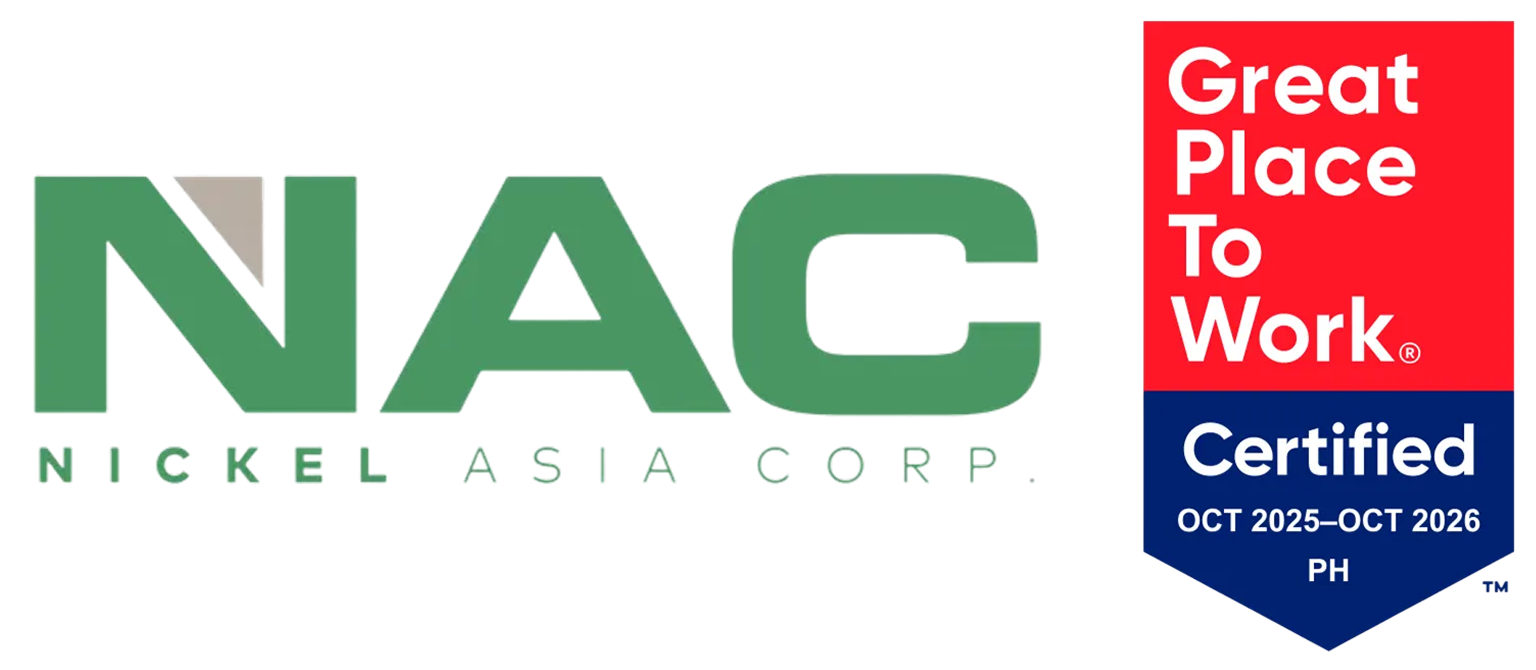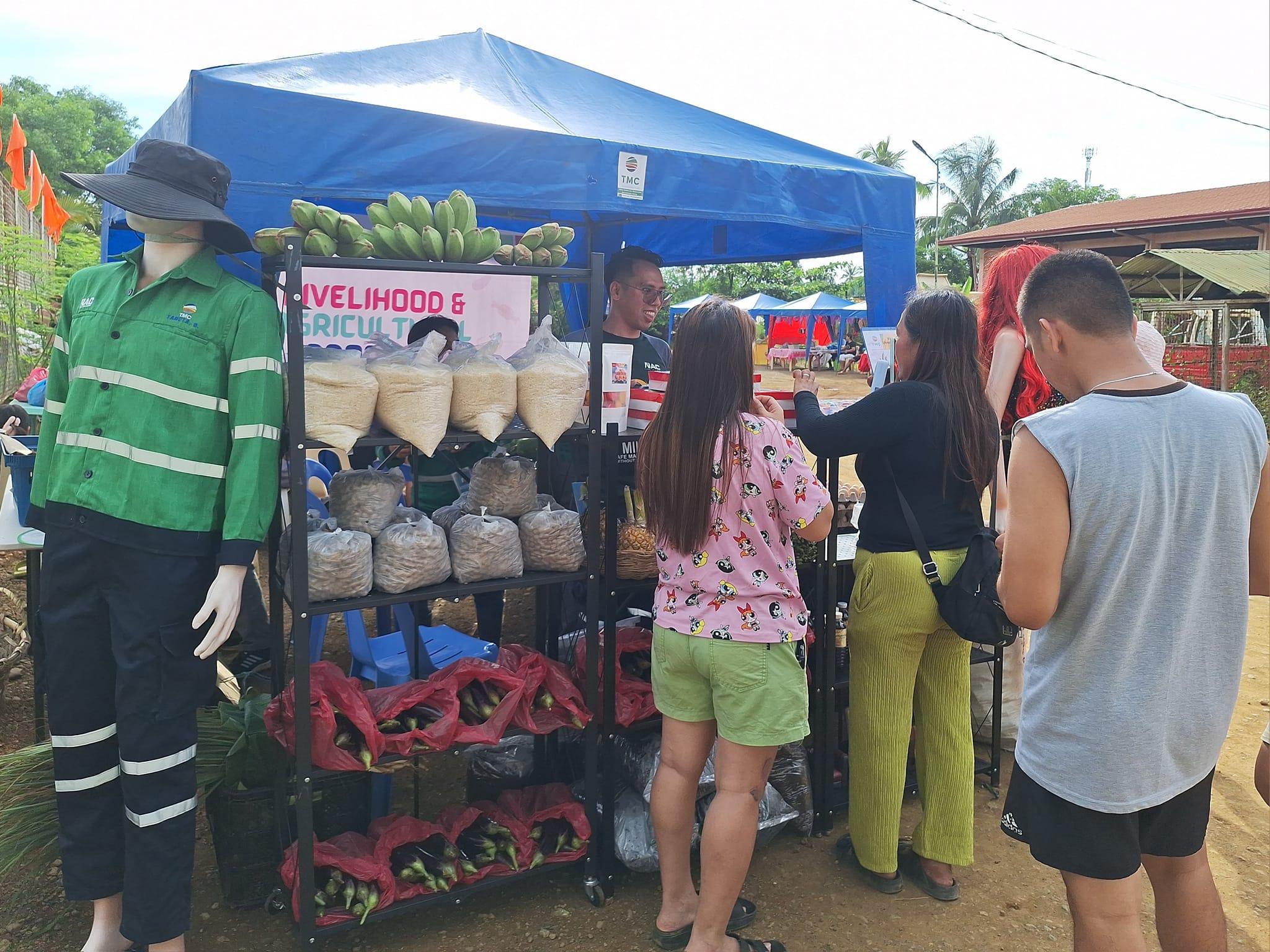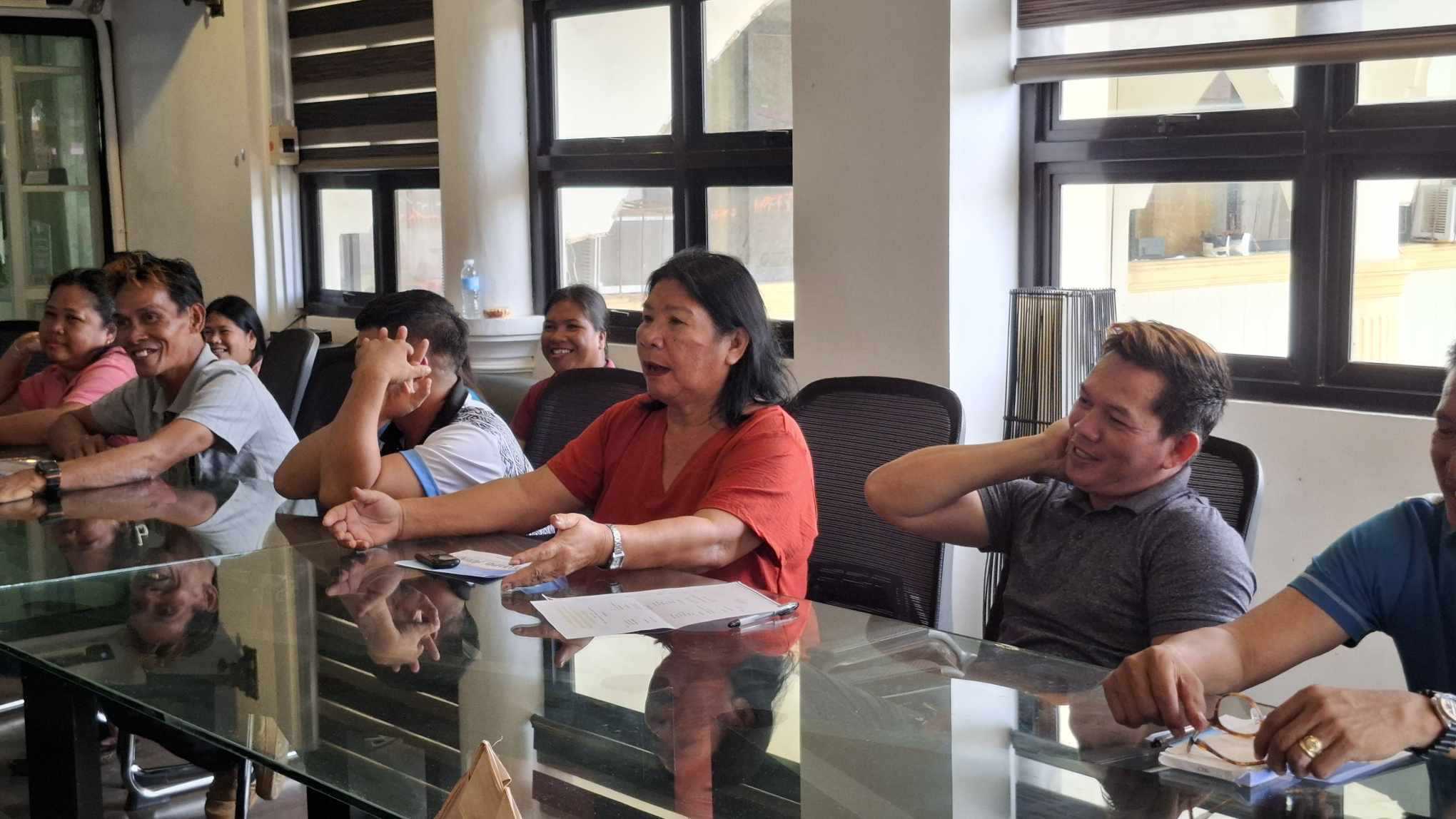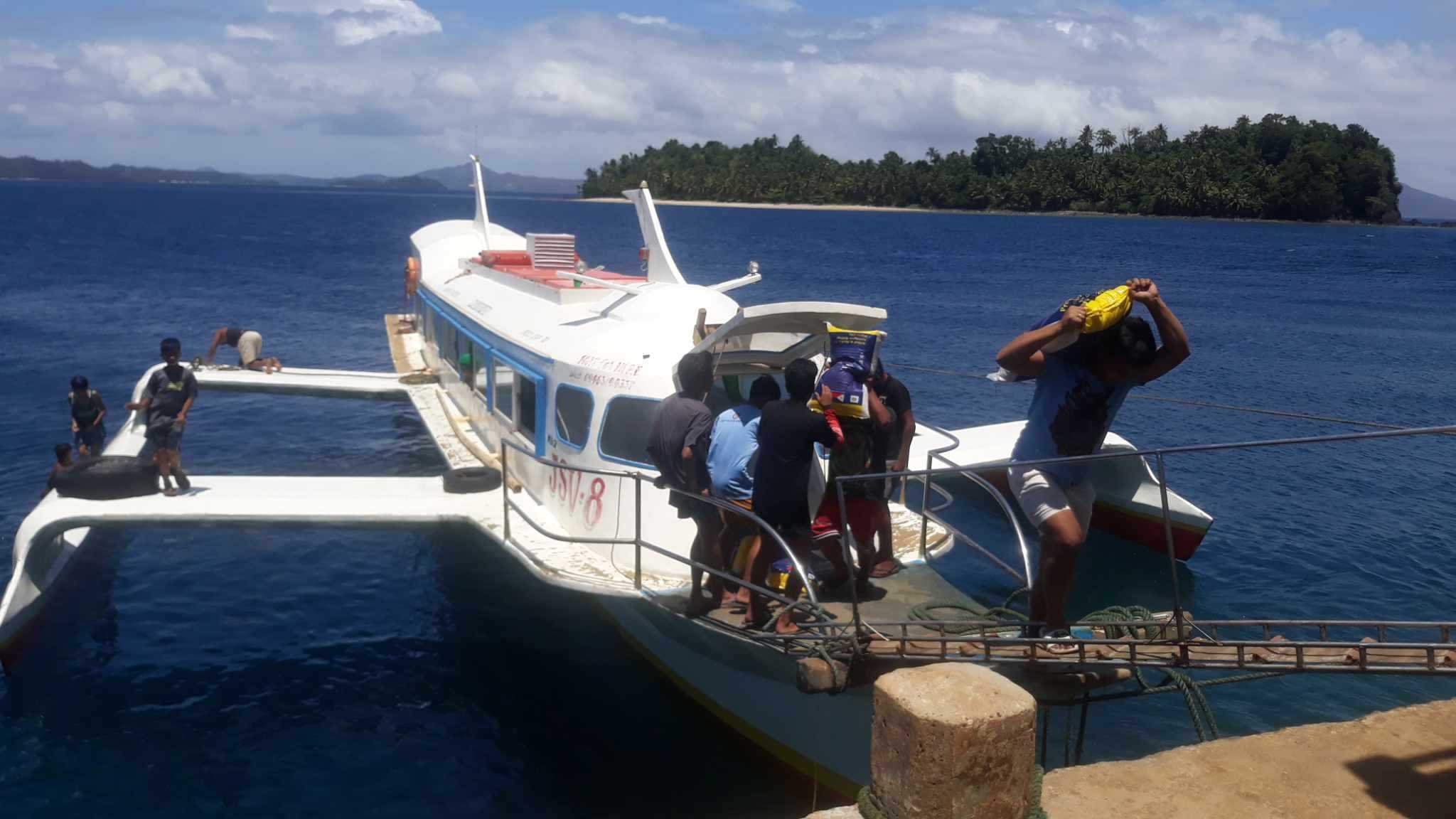When thinking about the mining industry, the first professionals that come to mind are likely engineers and geologists. Many are unaware that a doctor’s presence on-site is just as crucial. Meet Dr. Bimbo S. Almonte, the Assistant Vice President (AVP) for Occupational Health at Nickel Asia Corporation (NAC).

Doc Bimbo and his son, Jose Lucas.
Early Roots
Raised in Rio Tuba, Bataraza, Almonte is the eldest of four children of two employees of NAC subsidiary Rio Tuba Nickel Mining Corp. (RTNMC). Growing up in a remote community – getting to Bataraza from Puerto Princesa takes a five-hour landtrip – he witnessed firsthand the medical challenges in their area.
“Rampant ang malaria, at ‘yung health-seeking behavior ng mga tao was practically non-existent kaya maraming mga naniniwala sa mga albularyo,” Almonte recalled.
Despite initially wanting to become a priest, he followed his parents’ advice who saw his potential and encouraged him to pursue medicine. He enrolled at Far Eastern University where he completed Medical Technology as his pre-medical course.
After finishing his pre-medical course, he worked for Rio Tuba Nickel Foundation, Inc. (RTNFI), the philanthropic arm of RTNMC, before advancing to pursue his medical degree at Our Lady of Fatima University (OLFU) in Valenzuela City.
Giving Back
Immediately after earning his medical degree, Almonte returned to Bataraza where he dedicated five years to serving as the director of the RTNFI.
His decision to practice in his hometown was driven by a profound desire to give back. “Mas nangibabaw yung kagustuhan kong tumulong. RTN and NAC gave me a good education, and I wanted to be a part of the way NAC helps its host and neighboring communities,” he explained.
Almonte’s approach to patient care is deeply personal. “In our culture, the absence of family involvement often creates a gap between doctors and their patients’ families, even if one family member lang ang may sakit, it affects the whole family, kaya we should approach diseases as a family.”
This philosophy resonates with NAC’s mission to holistically meet society’s needs – rooted from the values instilled by its founder and current board advisor, Manuel B. Zamora.
“I try to live by the idea that I treat everyone as my family, and that’s how NAC does it, that’s how Sir Manny Zamora did it,” Almonte added.
Vision for NAC
During his tenure as director of RTNFI, Almonte provided essential guidance to the NAC Group in handling the pandemic. His exceptional leadership guided RTNFI and its affiliated groups through the COVID-19 pandemic. Currently, he heads the Group’s Occupational Health sector as its AVP.
For Almonte, his experiences gave him a deeper appreciation to the role of mining companies like NAC to communities that are often beyond the reach of government aid. Through NAC, Bataraza residents were afforded a Level-1 accredited hospital by the Department of Health and PhilHealth.
To get a Level-1 accreditation, a hospital must have isolation facilities, a maternity ward, dental clinics, first-level X-ray, a blood station, a secondary clinical laboratory with a consulting pathologist, and a pharmacy. The RTNFI-Hospital is the only nearby hospital coming from the municipality of Balabac to Barataza in Southern Palawan.
“Kaya masaya ako sa NAC because it puts premium on providing access to healthcare. This is not something we do just for compliance. It’s our silent advocacy to deliver healthcare to the underserved,” he added.
Almonte’s vision for NAC is to establish a sustainable healthcare system within its host communities in a manner that can establish self-reliance in the future.
Message for Future Occupational Health Practitioners
As the NAC Group continues to expand its healthcare initiatives through the newly established Nickel Asia Corp. Foundation Inc., Almonte hopes to see more medical practitioners in the field.
“I want more doctors to have a chance to showcase their expertise not only to employees but also to the community. Occupational health in mining extends beyond clinic walls – it encompasses employees and their families, impacting their overall well-being.”
Almonte also emphasized the importance of broader discussions within medical societies about the role of Occupational Health Practitioners (OHP) in the mining industry. He aims to create a platform where medical practitioners in the industry can share their experiences and highlight the role they play in their communities.
“It’s easy to claim a passion for medicine, but it’s different when you’re in a position to help those who cannot give anything back in return and transform their lives for the better,” he said.



